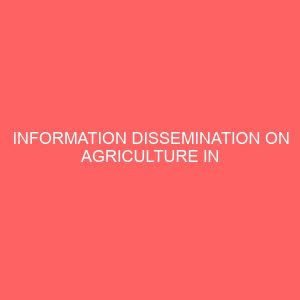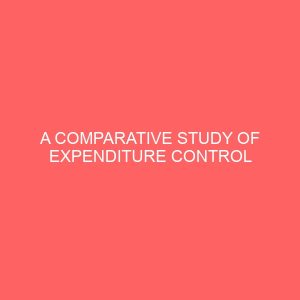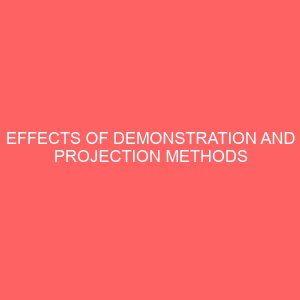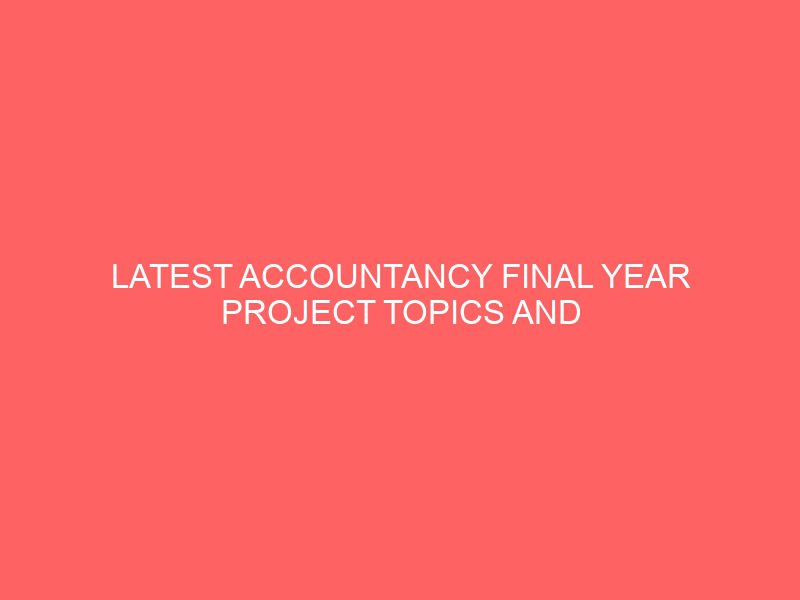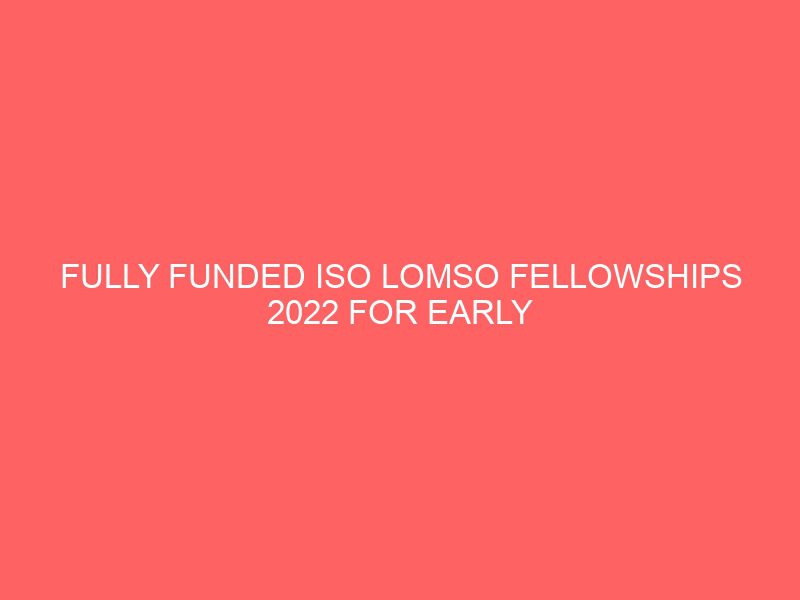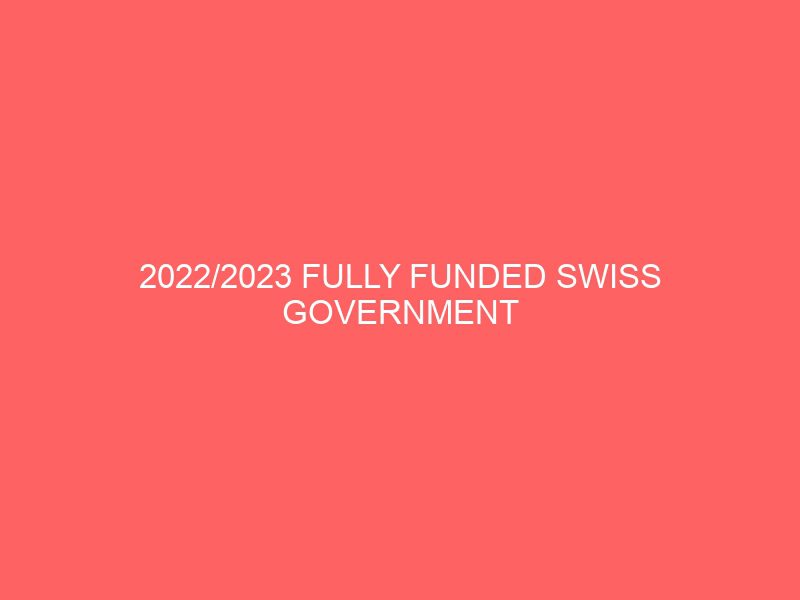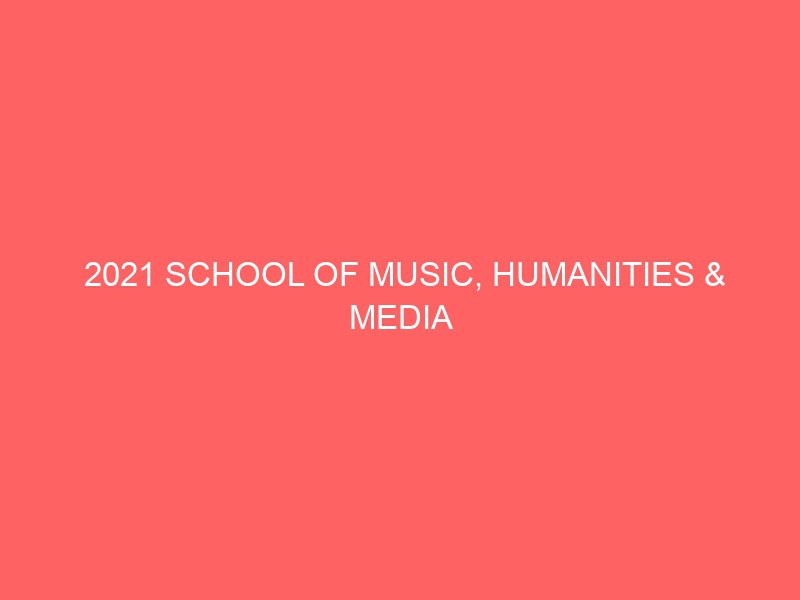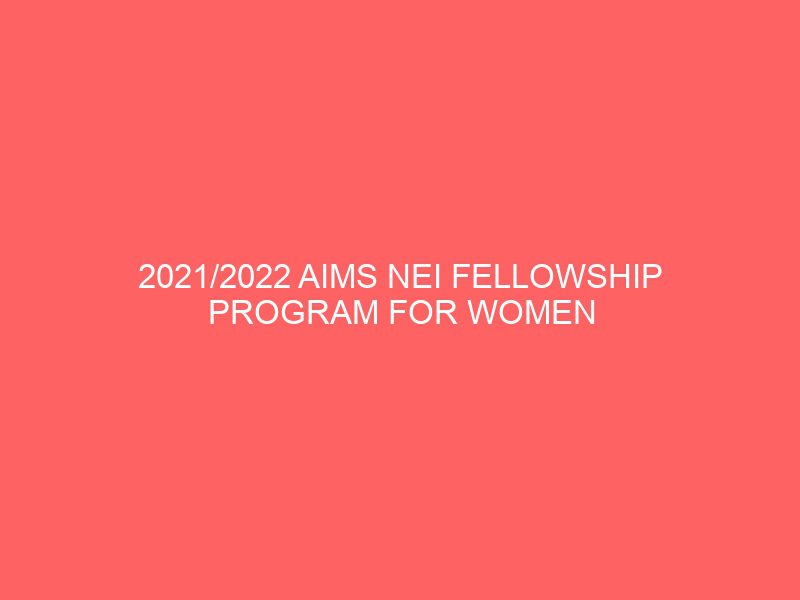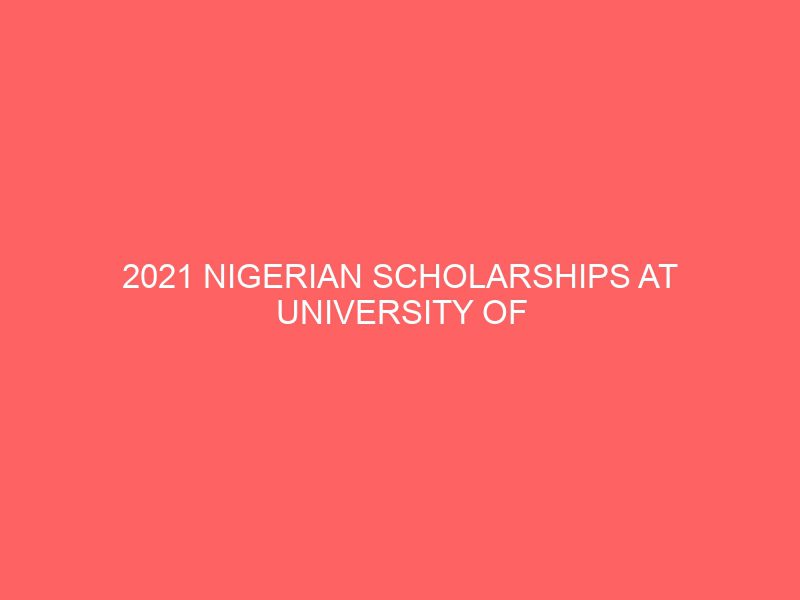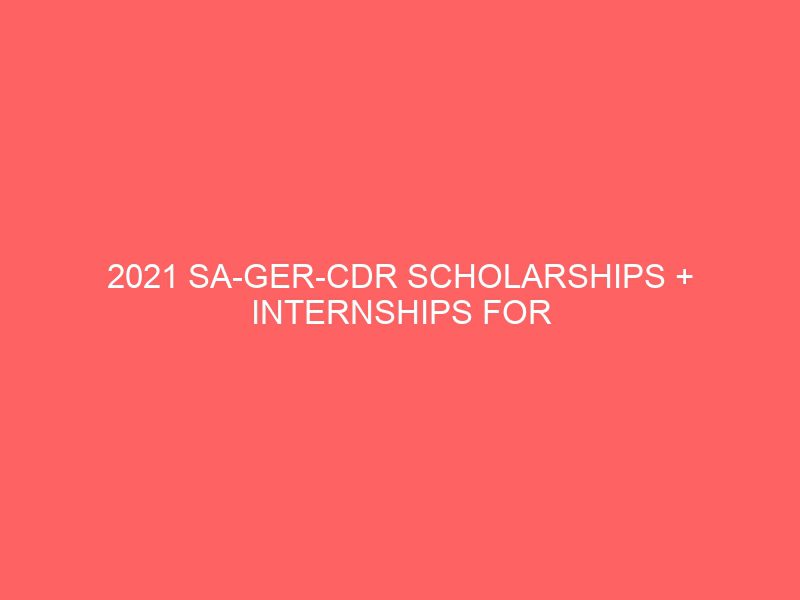Latest Banking and finance Project Topics & Materials PDF in Nigeria for final year undergraduate students
We bring to you Latest Banking and finance Project Topics & Materials PDF in Nigeria for final year undergraduate students. Click and view their Preview. Brought to you by Projectslib Research Center, Kano Nigeria. Goodluck
All Banking and finance project topics
For enquiries on any of our services (research writing, app/web development, partnerships), CLICK HERE
To specifically Hire a writer CLICK HERE
Here are the topics;
1. CORPORATE GOVERNANCE AND FINANCIAL PERFORMANCE OF BANKS: A STUDY OF LISTED BANKS IN NIGERIA
3. THE EFFECTS OF CREDIT MANAGEMENT ON PROFITABILITY OF NIGERIAN BANKS
4. IMPACT OF FOREIGN EXCHANGE MANAGEMENT ON ECONOMIC GROWTH FROM 1997-2017
5. FINANCIAL INCLUSION IN NIGERIA: THE IMPACT OF COLLECTIVE INVESTMENT SCHEMES ON LOW-INCOME EARNERS
6. FINANCIAL INCLUSION IN NIGERIA: THE IMPACT OF COLLECTIVE INVESTMENT SCHEMES ON LOW-INCOME EARNERS
7. EXAMINING THE EFFECT OF E-BANKING ON CHANGE MANAGEMENT IN NIGERIA
9. EFFECT OF ADVERTISEMENT ON PROFITABILITY OF BANKS IN NIGERIA. (CASE STUDY: ACCESS BANK)
12. THE IMPACT OF INFORMATION COMMUNICATION TECHNOLOGY IN BANK OPERATION AND PERFORMANCE
13. PROBLEMS HINDERING PERSONAL INCOME TAX ADMINISTRATION AND COLLECTION IN ENUGU STATE
14. THE ROLE OF CO-OPERATIVE SOCIETIES TOWARDS DEVELOPMENT OF RURAL AREAS
15. IMPROVING SECURITY IN CASHLESS APPLICATION
17. IMPACT OF INFORMATION TECHNOLOGY IN BANKING INDUSTRY A CASE STUDY OF Zenith Bank
20. THE IMPACT OF TRAINING AND DEVELOPMENT OF HUMAN RESOURCE AS A CRITICAL FACTOR IN THE BANKING SECTOR
22. Consumers perception of advertising messages and their influence on product preferences in banks
23. Critical review of the effect of global financial crisis on mortgage financing in Nigeria
25. Financial and economic crimes, its implications for the banking industry and Nigeria economy
26. Impact of internal control system on profit performance of commercial banks
30. The role of central bank of Nigeria (CBN) in the development of Nigeria financial sector[/url]
31. The role of capital market in a developing economy (A case study of the Nigeria stock exchange)
35. The impact of foreign direct investment on the growth of the Nigerian economy (2005 – 2009)
36. The effectiveness of monetary policy measures in controlling inflation in Nigeria
37. The effect of electronic banking on fraud reduction in bank (A case study of access bank plc)
42. Motivation as a way of reducing fraud in banking industry ( A case study of UBA and Fidelity bank)
43. Impact of indirect taxes on economic growth and development
44. Identification and management of bad debts in Nigeria commercial banks(A case study of UBA plc)
45. Fraud in Nigeria banking system
46. External debt management and its effects on Nigeria Economy 2000 – 2010
54. Impact of electronic payment system in Nigeria financial institution
55. Assessment of religious practices in selected banks in portharcourt
59. Role of the Nigeria stock exchange on capital formation
60. The effectiveness of financial regulations in the banking industry
61. The role of auditors in the prevention of fraud in the banking industry a case study of Access bank
62. Fraud and forgeries in banking industry – causes, effects, and the way forward
63. The role of budgeting in private sector management
64. The problems of loan recovering in Nigeria commercial banks
65. The improvement of banking services through computer application in Nigerian money deposit banks
66. The impact of accounting ratios in investment decision
67. The impact of monetary policy on the performance of deposit money banks in Nigeria
68. Effects of strategic planning on organizational performance
69. Corporate governance and bank performance – a study of First Bank Nigeria Plc
70. Labour turnover, organizational productivity and Nigerian banking sector
71. The effect of fraud in Nigerian banking sector
72. Risk management and bank profitability in Nigeria
73. The contribution of computers to modern day banking in Nigeria
74. Impact of foreign direct investment in the economic development of Nigeria
75. Evaluation of the impact of marketing strategy on the performance of deposit money banks in Nigeria
76. THE IMPACT OF FORENSIC AUDIT SERVICES ON FRAUD DETECTION AMONG COMMERCIAL BANKS IN NIGERIA
79. THE IMPACT OF FORENSIC AUDIT SERVICES ON FRAUD DETECTION AMONG COMMERCIAL BANKS IN NIGERIA
80. THE ROLE OF THE FINANCIAL INVESTORS IN HOUSING PROVISIONING IN NIGERIA
81. The Impact of Micro Credit on Small Businesses In Nigerian Businesses
82. EFFECTS OF MICROFINANCE AND SOCIO-ECONOMIC EMPOWERMENT OF WOMEN IN NIGERI
83. EFFECTS OF OPTIMAL LOAN PORTFOLIO(CASE STUDY: SKY BANK LTD AND FIRST CITY MONUMENT BANK)
84. ASSESSMENT OF WORKING CAPITAL MANAGEMENT PRACTICES AT ORANGE GROUP LIMITED, LAGOS
85. ASSESSMENT OF CREDIT RISK MANAGEMENT BANKS IN NIGERIA.(CASE STUDY- GUARANTEED TRUST BANK)
86. THE EFFECT OF HUMAN RESOURCE EVALUATON ON PROFITABILITY OF ACCESS BANK
87. THE NEED FOR IMPROVED CUSTOMER SERVICES IN THE BANKING INDUSTRY; THE CASE OF UNION BANK NIGERIA
88. Effects of Automated Teller Machine on the Performance of Nigerian Banks
89. MONETARY POLICY IN NIGERIA BANKING INDUSTRY( A CASE STUDY OF FIRST BANK OF NIGERIA OWERRI BRANCH)
90. Impact of monetary policy in controlling inflation in Nigeria
91. CORPORATE SOCIAL RESPONSIBILITY AND ORGANISATIONAL PERFORMANCE IN THE BANKING INDUSTRY

